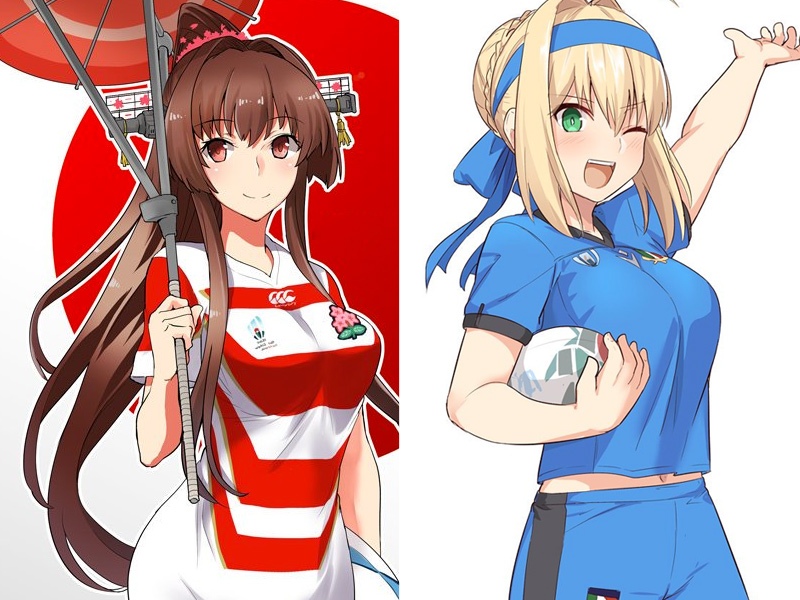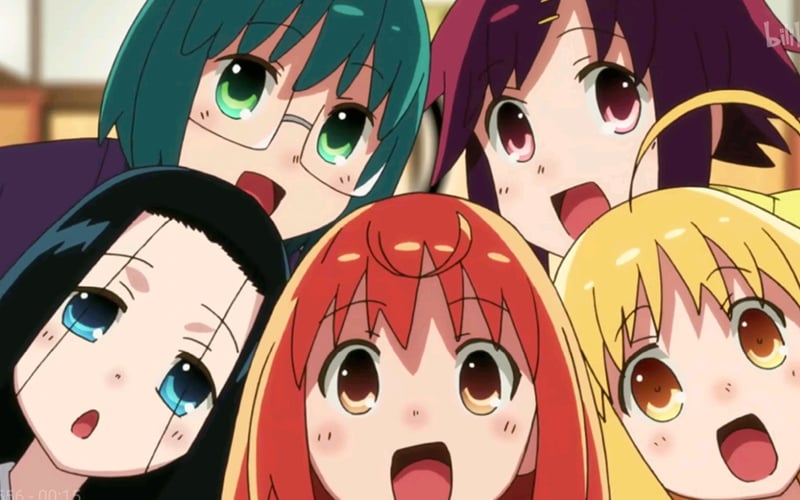Last time I talked about what makes the Japanese the way they are, putting forth the theory that the strict Junior High School system is a major factor in shaping children into the adult citizens they’ll become. Another of the social engines at work in Japan is called hito no me (hee-toh no meh), meaning the “eyes of others,” essentially the ever-present invisible gaze of people around you. A friend of mine just built a house in Nagano, and he’s enjoying having cleaner air and less people around him than when he was in Tokyo. His new neighborhood has a strict rule, however: trash must be deposited in the appropriate pick-up area between 6 and 6:30 in the morning, which means he has to get up extra early every day to put the trash out. If he were to break this rule by, say, putting his trash out the night before, he’d find himself the subject of the disapproving stares of the other people in the neighborhood, which is a lot harder to deal with than the threat of a monetary fine would be. This sensitivity to how you appear in the eyes of others is probably the primary reason Japan seems so harmonious when viewed from the outside, as gaijin see it. My sixth-grade daughter is half-Japanese, and she somehow managed to inherit my easy-going American personality. When my wife went to my daughter’s class for parent participation day last week, my daughter threw her arms around her mother, to the shock of everyone in the classroom. Hugging your mother isn’t really done in Japan, and certainly not in the middle of classroom full of the “eyes of others.”
No, Japan Is Not Xenophobic. Here’s Why.
Last night I was finishing up my evening social media work when I noticed a phrase was trending on X....
















